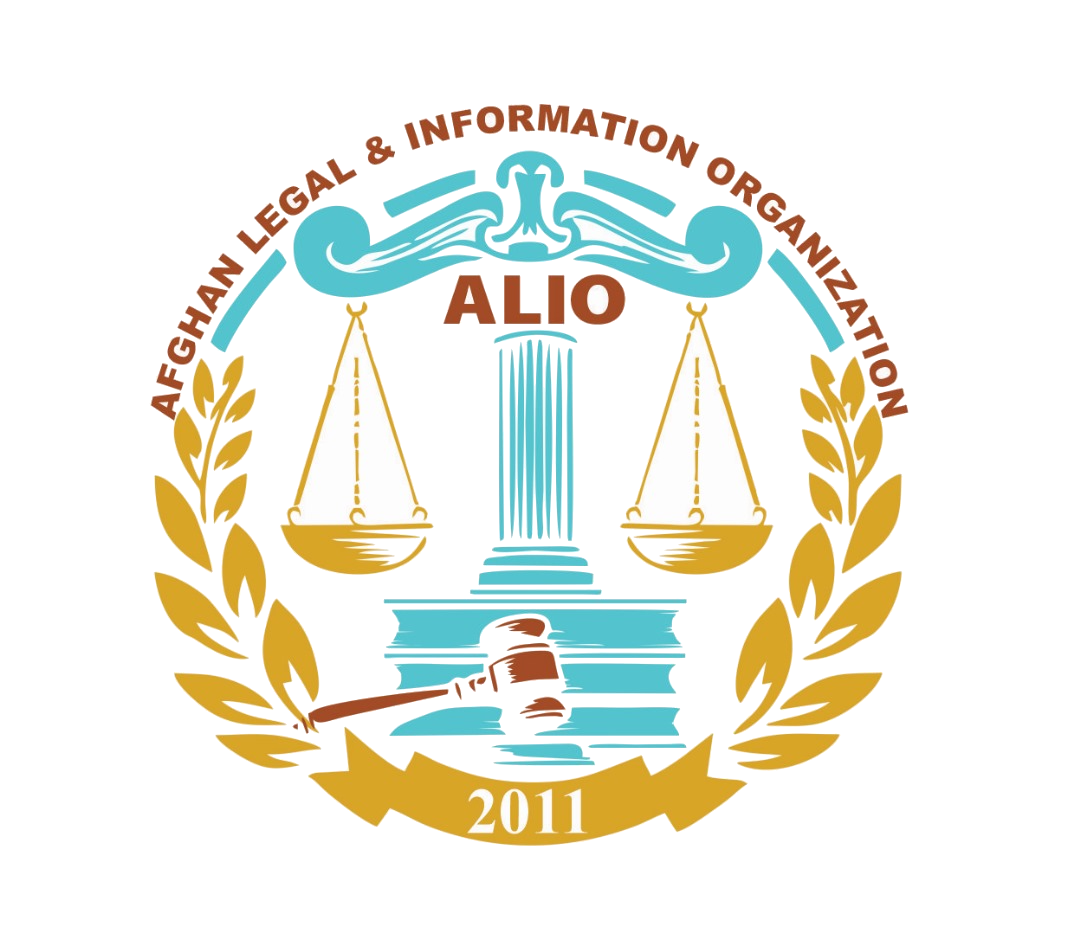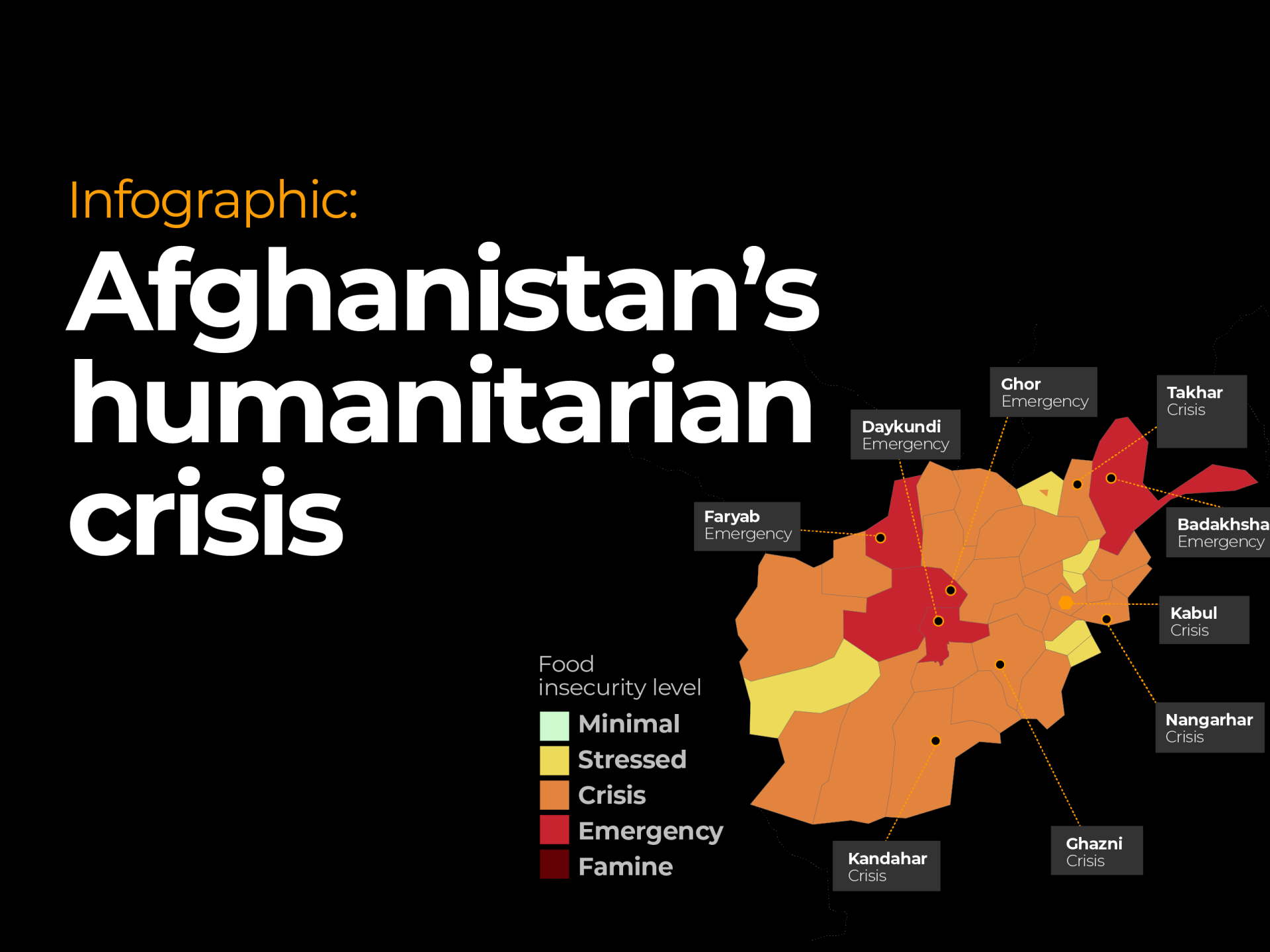-

-
-
Loading

Loading


Programs Overview:
At ALIO, we are dedicated to implementing a wide range of programs that address the diverse needs of Afghan communities. Our programs are designed to promote social justice, empower marginalized groups, and contribute to sustainable development and peacebuilding in the region. Explore our thematic areas of work below to learn more about each program:
1. Legal Aid Support Services:
- Providing legal assistance and representation to underserved populations, including women, children, and vulnerable individuals.
- Offering guidance on legal rights, access to justice, and conflict resolution mechanisms.
- Advocating for legal reforms to enhance the protection of human rights and ensure equal access to justice for all.
2. Good Governance and the Rule of Law:
- Strengthening governance structures and promoting transparency, accountability, and rule of law.
- Engaging with government institutions and civil society to promote democratic governance and institutional reforms.
- Conducting advocacy campaigns to combat corruption, promote judicial independence, and uphold the principles of good governance.
3. Advocacy and Policy Reform:
- Advocating for policy changes and legislative reforms to address systemic issues affecting Afghan communities.
- Mobilizing grassroots support and raising awareness on key social, economic, and environmental issues.
- Collaborating with stakeholders to influence decision-making processes and advocate for the rights of marginalized groups.
4. Youth Empowerment Initiatives:
- Providing youth with opportunities for education, skills training, and leadership development.
- Supporting youth-led initiatives and fostering entrepreneurship and innovation.
- Empowering young people to actively participate in civic engagement and community development activities.
5. Peace Building and Conflict Resolution:
- Facilitating dialogue and reconciliation processes to resolve conflicts and promote social cohesion.
- Building the capacity of local communities to manage conflicts peacefully and prevent violence.
- Promoting interfaith dialogue, tolerance, and understanding among diverse ethnic and religious groups.
6. Research and Publications:
- Conducting research and analysis on key social, economic, and legal issues impacting Afghan society.
- Publishing reports, policy briefs, and educational materials to disseminate knowledge and inform public discourse.
- Collaborating with academic institutions and research partners to generate evidence-based solutions and recommendations.
7. Women's Rights Programs:
- Promoting gender equality and women's empowerment through advocacy, education, and capacity building.
- Providing support services for survivors of gender-based violence and advocating for legal reforms to protect women's rights.
- Empowering women to participate in decision-making processes and leadership roles in their communities.
8. Conflict Resolution and Mediation Services:
- Providing mediation and conflict resolution services to individuals and communities facing disputes and conflicts.
- Training local mediators and facilitators to promote peaceful resolution of conflicts at the grassroots level.
- Facilitating dialogue and reconciliation processes to build trust and promote social cohesion among conflicting parties.
9. Community Outreach:
- Engaging with local communities through awareness campaigns, workshops, and community meetings.
- Building partnerships with community-based organizations and local leaders to address community needs and priorities.
- Mobilizing community members to participate in development initiatives and advocacy efforts.
10. Legal Education and Training:
- Conducting legal education workshops and training sessions to raise awareness of legal rights and responsibilities.
- Building the capacity of legal professionals, activists, and community leaders to advocate for justice and rule of law.
- Developing educational materials and resources on legal topics relevant to Afghan communities.